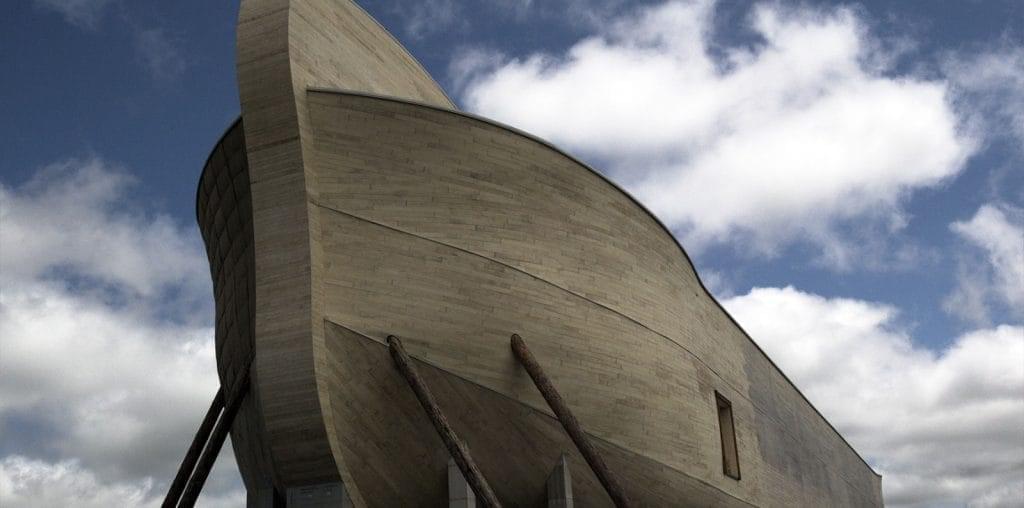
This documentary delivers its most effective moment – and its most devastating – near the end, when action films also drop their payload. Yet the final development of “Full Battle Rattle,” which won a Special Jury Award this year at SXSW, doesn’t bring out an arsenal for a showdown. Weapons are being prepared, for sure, but they are quietly shipped to Iraq with American Army recruits, whose fate hovers like a ghost over the film’s final minutes.
Before this cumulating silence, “Full Battle Rattle” (military slang for full battle dress) depicts a simulated Army training camp as grounds for excitement. Medina Wasl, a million-dollar facility in California’s Mojave Desert, helps recruits release negative energy; yet it intends to psychologically prepare them for a battleground in which they are desired as much as deplored. Trainees enter a virtual Iraqi village, complete with amateur actors (some of them Iraqis refugees) playing citizens, political leaders, and “AIFs” (Anti Iraqi Forces). A Colonel, who will also lead his trainees in Iraq, guides them through simulated exercises, including occupation of a town, insurgency, et al., many of which are used as chapter titles in the film.
Co-directors Tony Gerber and Jesse Moss follow the activities at a brisk, giddy pace, as would filmmakers directing a sports documentary. The players of Medina Wasl’s games can’t help but get excited, and like many an Army platoon behave like a varsity athletes when not on the field. The Iraqi actors consider the ramifications of their assignments, but treat the camp as just a workplace. (The film detours to show one actor applying for political asylum in America.)
Keeping the style objective and routine, Gerber and Moss remain non-judgmental of the bizarre carnival they have uncovered. The procedures of Medina Wasl are in focus more than some ignorant trainees – a colonel reprimands one for describing Iraqi culture as “As-Salamu Alaykum s**t.”
Yet “Rattle” reflects how Americans perceive a remote problem of our own creation. The fact that we have brought Iraq to our homeland as something like an old-time western setting shows the extent that the problem is an American one. In “Rattle,” trainees are immersed in our own private Iraq, while the American people host it. A governmental theater of the absurd echoes a greater absurdity, which consumes American troops before they depart.
